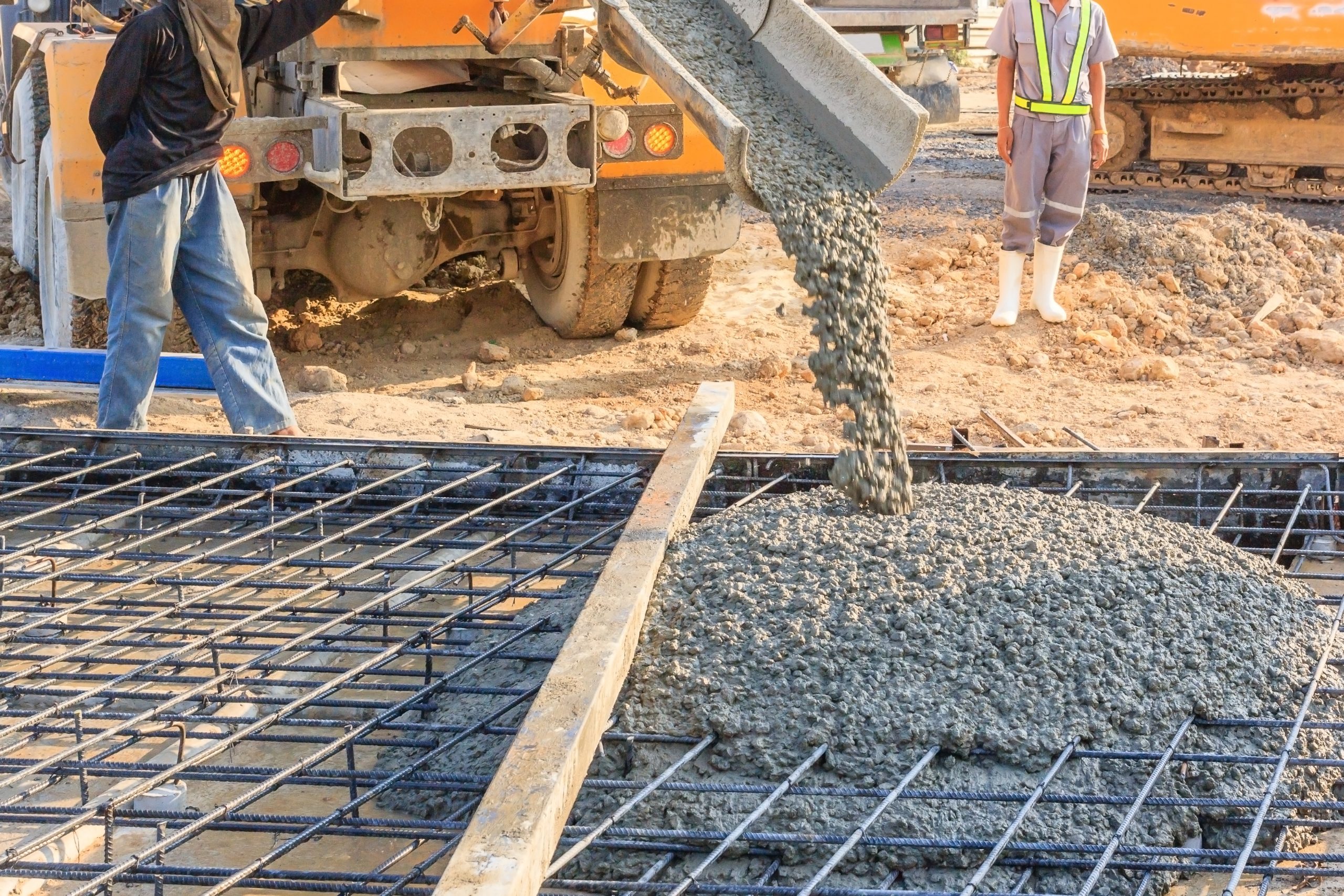Residential and Commercial Concrete Providers: Tailored to Your Job Needs
Residential and Commercial Concrete Providers: Tailored to Your Job Needs
Blog Article
Introducing the Eco-Friendly Advantages of Using Recycled Concrete in Lasting Building And Construction Practices
In the realm of lasting building practices, the utilization of recycled concrete stands as a pivotal yet commonly undervalued source. Beyond its standard applications, recycled concrete offers a myriad of green benefits that extend far beyond the confines of typical building and construction products. From minimizing environmental effect to improving cost-efficiency, the implications of integrating recycled concrete in lasting structure techniques are significant. This functional material not only addresses pressing ecological concerns but also provides a viable solution to the challenges encountered by the building market at huge.
Ecological Advantages
Undoubtedly, one of the most significant benefits of utilizing recycled concrete is its favorable effect on the setting. By including recycled concrete into building practices, there is a substantial reduction in the need for brand-new raw materials, resulting in conservation of natural deposits. This procedure assists in maintaining aggregates, water, and energy that would have been utilized in creating new concrete. Additionally, the use of recycled concrete reduces the quantity of waste being sent out to land fills, consequently lowering environmental air pollution and relieving the stress on garbage dump abilities.

Additionally, the manufacturing of conventional concrete is a significant resource of carbon exhausts because of the energy-intensive process of concrete production. In contrast, recycled concrete has a reduced carbon impact as it decreases the need for new concrete manufacturing. This decline in carbon discharges adds to mitigating climate modification and supports lasting construction methods. On the whole, the ecological advantages of making use of recycled concrete are significant and play a vital duty in promoting eco-friendly building methods.
Cost-Efficiency
Accomplishing cost-efficiency is a critical factor to consider when assessing the usage of recycled concrete in building jobs. Among the crucial advantages of utilizing recycled concrete is its cost-effectiveness compared to typical concrete. The manufacturing of recycled concrete entails much less energy and resources as it uses existing materials, reducing the general task prices considerably. In addition, the accessibility of recycled concrete locally can further reduce transportation expenditures, making it an extra economical choice for building and construction tasks.
Additionally, using recycled concrete can cause financial savings in landfill expenses by drawing away concrete waste from disposal sites. This not just decreases the environmental influence but additionally eliminates the expenses associated with waste elimination. Furthermore, the longevity and efficiency of recycled concrete are comparable to conventional concrete, making certain that expense savings do not endanger the high quality of the building and construction.
Toughness and Stamina
Considering the substantial cost-efficiency benefits of using recycled concrete, it is essential to examine its toughness and toughness in building applications. Recycled concrete deals equivalent, otherwise exceptional, toughness and stamina residential properties to conventional concrete. With improvements in handling methods and high navigate to this site quality control, recycled concrete can meet or surpass the performance requirements of traditional concrete. The process of reusing concrete includes crushing, arranging, and evaluating old concrete to generate aggregates that can be made use of in brand-new building and construction tasks. These recycled aggregates are capable of giving adequate compressive toughness, sturdiness, and lasting performance.

Waste Reduction
Effective waste reduction practices play an important role in the lasting use of sources within the construction sector. Waste reduction is a vital benefit that contributes considerably to environmental preservation when it comes to making use of recycled concrete. Conventional building and construction approaches typically produce substantial quantities of waste, particularly in the type of concrete debris from demolition websites. By incorporating recycled concrete into construction tasks, this waste is repurposed and diverted from landfills, decreasing the overall environmental impact of building activities.
Furthermore, the use of recycled concrete can lead to cost financial savings for construction jobs, as it is typically extra budget friendly than sourcing and transferring brand-new materials - Concrete. In conclusion, waste reduction through the use of recycled concrete is an essential element of lasting building techniques that profits both the construction and the environment industry as a whole.
Energy Preservation
When it comes to utilizing recycled concrete in construction, considerable energy savings are accomplished contrasted to typical concrete production. The process of producing recycled concrete includes squashing and recycling existing concrete products, which takes in less energy than mining, processing, and transporting raw products for brand-new concrete production.
Final Thought
In final thought, the usage of recycled concrete in imp source lasting building practices offers countless ecological benefits, cost-efficiency, longevity, strength, waste decrease, and energy preservation. By including recycled concrete into building projects, we can contribute to a more sustainable and environmentally friendly future. It is essential for the building and construction industry to focus on the use of recycled products to aid lower the ecological influence of building and construction activities.
One of the crucial benefits of utilizing recycled concrete is its cost-effectiveness contrasted to standard concrete.Additionally, the use of recycled concrete can lead to cost savings in land fill expenses by drawing away concrete waste from disposal websites. The sturdiness and performance of recycled concrete are comparable to conventional concrete, making sure that cost financial savings do not jeopardize the high quality of the construction.

Report this page